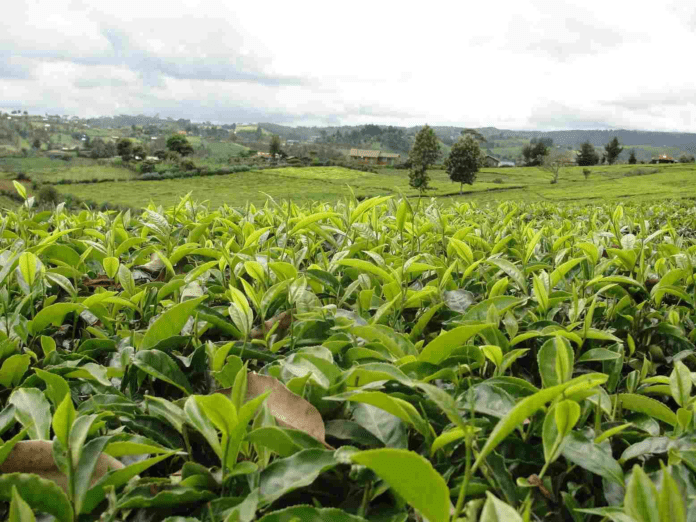The government has imposed a ban on the hawking of green tea leaves in a bid to bring order to the tea industry and safeguard quality.
In a directive issued by the Tea Board of Kenya (TBK), tea factories and producers have been warned against participating in the unregulated sale and collection of green leaf.
TBK Chief Executive Officer Willy Mutai stated that all factories must adhere to the directive, adding that roadside collection, use of unauthorized green leaf brokers, and unregistered collection vehicles will no longer be allowed.
“This measure is part of ongoing efforts to eliminate malpractices within the sector. All producers and factories must comply to enhance tea quality and ensure farmers get better returns,” Mutai said.
The board has linked green leaf hawking to a decline in tea quality, which negatively affects market prices and earnings for farmers. The practice, where farmers sell their produce to factories they are not registered with—often for better prices—contravenes the Tea Act, 2020.
Agriculture Cabinet Secretary Mutahi Kagwe emphasized that the government is implementing a series of reforms to improve farmer earnings and stabilize the industry.
“The ministry will gazette new quality standards to regulate harvesting and processing, ensuring that only high-quality tea reaches the market,” Kagwe said.
He also noted that additional regulations will be introduced to fully operationalize the Tea Act, 2020, reinforcing measures to eliminate unscrupulous practices in the sector.







